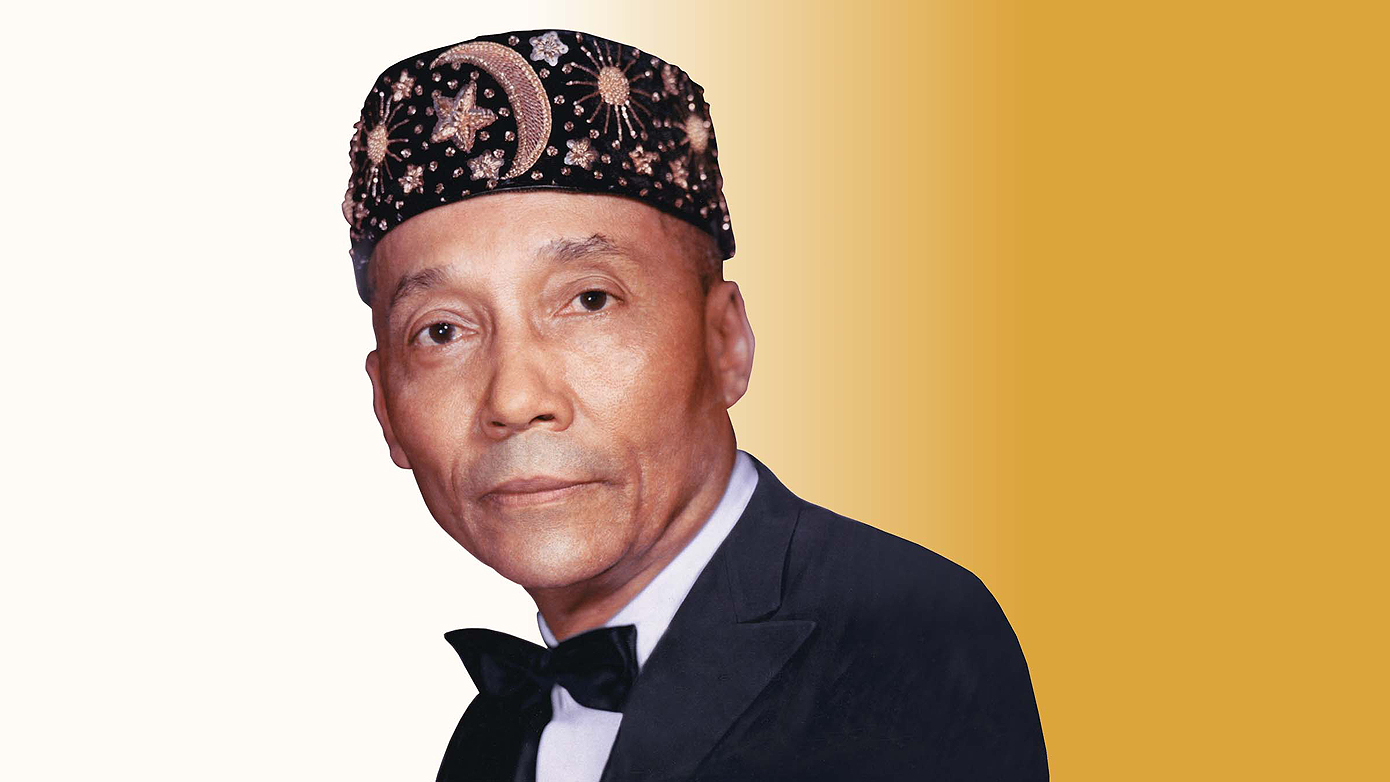Elijah Muhammad, born Elijah Robert Poole on October 7, 1897, in Sandersville, Georgia, was a pivotal figure in the history of Islam in America. He was the leader of the Nation of Islam (NOI) from 1934 until he died in 1975, and his influence extended far beyond religious circles, shaping social and political landscapes.
Muhammad’s early life was marked by hardship and a quest for spiritual fulfillment. Raised in poverty, he received limited formal education, but his thirst for knowledge led him to study various religious traditions, including Christianity and Freemasonry. In 1931, Elijah Muhammad encountered Wallace Fard Muhammad, the founder of the Nation of Islam, in Detroit. Fard’s teachings resonated deeply with Elijah, and he became one of his earliest followers.
Under Fard’s guidance, Elijah Muhammad emerged as a prominent leader within the Nation of Islam. Fard disappeared mysteriously in 1934, and Elijah assumed leadership, solidifying his authority and establishing himself as the Messenger of Allah for the NOI. He worked tirelessly to expand the organization, preaching a message of black empowerment, self-reliance, and separation from white society.
Acquire knowledge. It enables its possessor to distinguish right from wrong;
Elijah Muhammad
it lights the way to Heaven; it is our friend in the desert, our society in solitude,
our companion when friendless; it guides us to happiness; it sustains us in misery;
it is an ornament among our friends and an armor against enemies.
Central to Elijah Muhammad’s teachings was the idea of racial pride and the belief that African Americans were the original people of the Earth, while whites were inherently evil. These controversial views sparked both admiration and criticism, but they also attracted a significant following among African Americans disillusioned with mainstream Christianity and the injustices of segregation.
Under Elijah Muhammad’s leadership, the Nation of Islam experienced remarkable growth, with mosques established across the United States. His charismatic presence and powerful oratory skills drew thousands to NOI gatherings, where he delivered impassioned sermons on racial upliftment and the importance of economic self-sufficiency within black communities.
Muhammad’s influence extended beyond the spiritual realm into the political arena. He advocated for social and economic justice for African Americans, calling for an end to racial discrimination and the establishment of separate institutions to serve the black community’s needs. His teachings inspired many prominent civil rights activists, including Malcolm X, who became one of his most devoted followers before eventually breaking away to form his own organization.
Despite his controversial beliefs and confrontational approach to race relations, Elijah Muhammad maintained a relatively peaceful stance, emphasizing self-defense rather than violence. He urged his followers to uphold moral values, promote education, and strive for economic independence as means of achieving racial equality.
Elijah Muhammad’s legacy is complex and multifaceted. While he is revered by many within the Nation of Islam for his role in fostering black pride and self-determination, his teachings have also been criticized for promoting separatism and fostering division along racial lines. Nevertheless, his impact on American society cannot be overstated, as he played a crucial role in shaping the consciousness of millions of African Americans and challenging the status quo of racial oppression. Elijah Muhammad passed away on February 25, 1975, leaving behind a legacy that continues to influence discussions on race, religion, and social justice in America.
